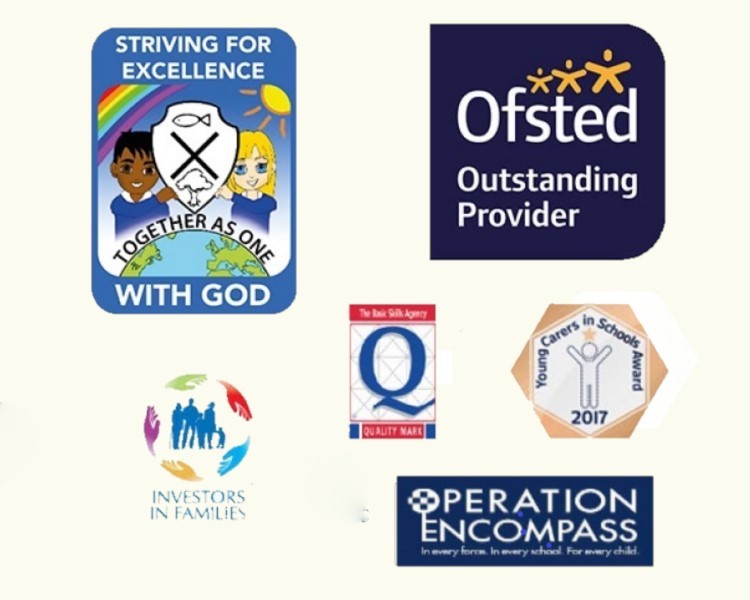Online Safety
St. Andrew`s Methodist Primary School
E-Safety Advice For Parents
The internet is an amazing resource which enables children and young people to connect, communicate and be creative in a number of different ways, on a range of electronic devices.
However, the internet is always changing, and being able to keep up to date with your children’s use of technology can be a challenge. You may sometimes feel that your children have better technical skills than you do, however children and young people still need advice and protection when it comes to managing their lives online. Issues that your child may encounter on the internet will vary depending on their age and online activities.
Potential online risks can be grouped into 4 categories.
Conduct
Children need to be aware of the impact that their online activity can have on both themselves and other people, and the digital footprint that they create on the internet. It’s easy to feel anonymous online but it’s important that children are aware of who is able to view, and potentially share, the information that they may have posted. When using the internet, it’s important to keep personal information safe and not share it with strangers. Discuss with your child the importance of reporting inappropriate conversations, messages, images and behaviours and how this can be done.
Content
Some online content is not suitable for children and may be hurtful or harmful. This is true for content accessed and viewed via social networks, online games, blogs and websites. It’s important for children to consider the reliability of online material and be aware that it might not be true or written with a bias. Children may need your help as they begin to assess content in this way.
There can be legal consequences for using or downloading copyrighted content, without seeking the author’s permission.
Contact
It is important for children to realise that new friends made online may not be who they say they are and that once a friend is added to an online account, they may be sharing their personal information with them. Regularly reviewing friends lists and removing unwanted contacts is a useful step. Privacy settings online may also allow you to customise the information that each friend is able to access. If you have concerns that your child is, or has been, the subject of inappropriate sexual contact or approach by another person, it’s vital that you report it to the police via the Child Exploitation and Online Protection Centre (www.ceop.police.uk). If your child is the victim of cyber bullying, this can also be reported online and offline. Reinforce with your child the importance of telling a trusted adult straight away if someone is bullying them or making them feel uncomfortable, or if one of their friends is being bullied online.
Commercialism
Young people’s privacy and enjoyment online can sometimes be affected by advertising and marketing schemes, which can also mean inadvertently spending money online, for example within applications. Encourage your children to keep their personal information private, learn how to block both pop ups and spam emails, turn off in-app purchasing on devices where possible.
At school children are regularly reminded about E-Safety issues and are encouraged to use electronic devices sensibly and responsibly. Through RM we have electronic safeguarding and filtering in place and are adding Google Safe Search to our protection measures.
I hope this information is useful and helps protect children from harm.
Please see further helpful information below:
https://www.nspcc.org.uk/keeping-children-safe/online-safety/
On-Line Safety Policy –DOWNLOAD
Tiktok warning information –DOWNLOAD
